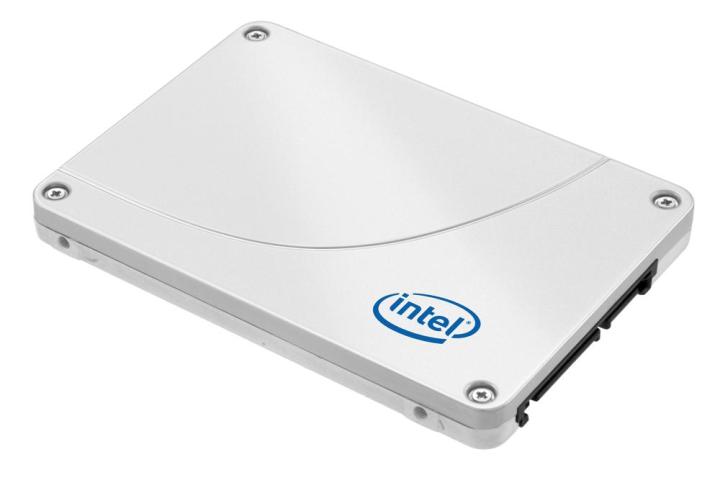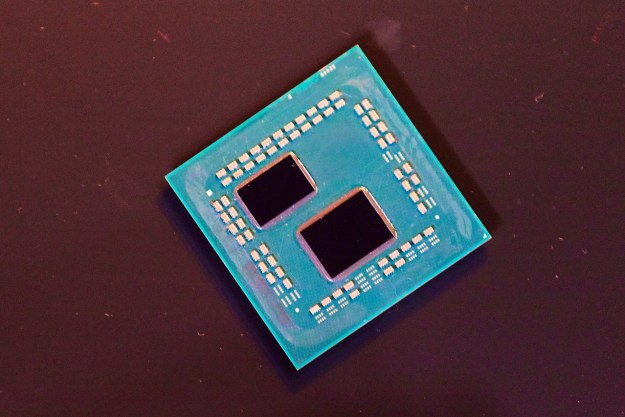
Intel may have the solution in 3D NAND, a technology born from its joint venture with Micron. Conceptually, the idea is simple. Rather than lay out memory chips in a single plane Intel and Micron have learned to stack them in up to 32 layers, a practice that makes it possible to cram up to 32GB of storage in a single MLC flash die and 48GB in a single TLC die.
The drives have already reached the prototype stage; senior VP Rob Crooke stated during an investor webcast held on November 20th that he was running the presentation off a drive built with 3D NAND. With that said, drives won’t be available for purchase until at least mid-2015 and may initially be very expensive. The first drives will likely have capacities in the range of several terabytes and be targeted at enterprise buyers.
In the long term, though, this technology could drive down prices and make SSDs with one to four terabytes of storage more affordable for consumers. It also could be used to construct physically smaller drives, which is always a boon to laptop and tablet manufacturers.
Intel and Micron aren’t the only players exploring this technology. Samsung has 32-layer V-NAND that can pack up to 10 gigabytes of data per MLC cell and has already put the technology to work in retail drives. While this approach isn’t as storage-dense as Intel’s technology, Samsung believes its next iteration of the technology will be available in late 2015, putting it toe-to-toe with Intel’s 3D NAND. Whichever proves better, the story for consumers is the same; higher capacity, lower prices.
Editors' Recommendations
- SSD not showing up in Windows? Here are some easy fixes
- The best SSDs for 2023
- Intel’s new Core Ultra chips needed to be more than this
- AMD Ryzen 9 7950X3D vs. Intel Core i9-13900K: only one choice for PC gamers
- Manufacturers take note: Micron’s 232-layer 3D NAND will change the storage game


